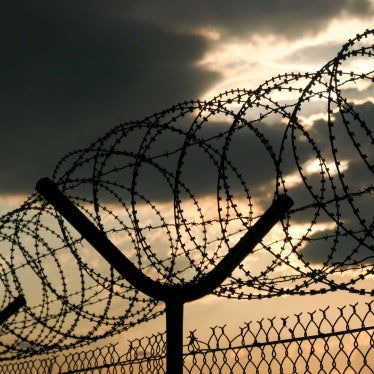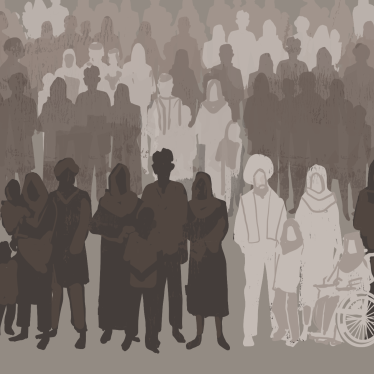In Pakistan, even an accusation of insulting Islam can be a death sentence. It is therefore good news that officials in Pakistan’s southern Sindh province have taken a small step to limit the injustice of Pakistan’s “blasphemy” law.
Last Friday, Sindh lawmakers passed an amendment to the Sindh Mental Health Act, 2013, which requires a mandatory psychological examination of any person accused of blasphemy. The amendment allows courts the discretion to reduce the sentences of individuals convicted of blasphemy whose medical evaluations produce a diagnosis of a “mental disorder.”
Pakistan’s “Blasphemy Law,” as section 295-C of the penal code is known, makes the death penalty mandatory for those convicted of blasphemy. Hundreds are jailed every year for various blasphemy offenses, including 295-C. To date, none have been executed, but at least 19 people in the country are on death row for blasphemy.
The law is largely used against members of religious minorities. In many instances, those charged become the targets of mob violence.
Individuals with psychosocial disabilities who are accused of blasphemy are particularly vulnerable to prosecution or vigilante violence. On November 5, 2014, a police officer in Gujrat district of Punjab decapitated a man with a psychosocial disability who was in custody for allegedly committing blasphemy. A mob of thousands violently extracted an individual deemed “mentally unstable” from police custody in Punjab’s Bahawalpur district on July 3, 2012, after his arrest for allegedly burning a copy of the Quran. The mob then poured petrol on the suspect and burned him to death.
The blasphemy law has even been used against individuals with intellectual disabilities. On August 18, 2012, Islamabad police arrested 14-year-old Rimsha Masih, born with Down’s syndrome, for allegedly desecrating the Quran. She was later released and given state protection after evidence regarding her age and disability emerged.
The Sindh provincial government’s action to limit the injustice of the blasphemy law is welcome, but doesn’t go nearly far enough. The government should go the extra step of ensuring not only sentence reductions for people diagnosed with psychosocial or intellectual disabilities, but also allowing them access to adequate medical treatment and assistance on the basis of informed consent. Sindh’s recognition of how the blasphemy law has unfairly targeted a vulnerable minority group should also spur the central government to finally substantially reform or repeal these discriminatory laws nationwide. Until it does, the blasphemy law will remain a danger.







